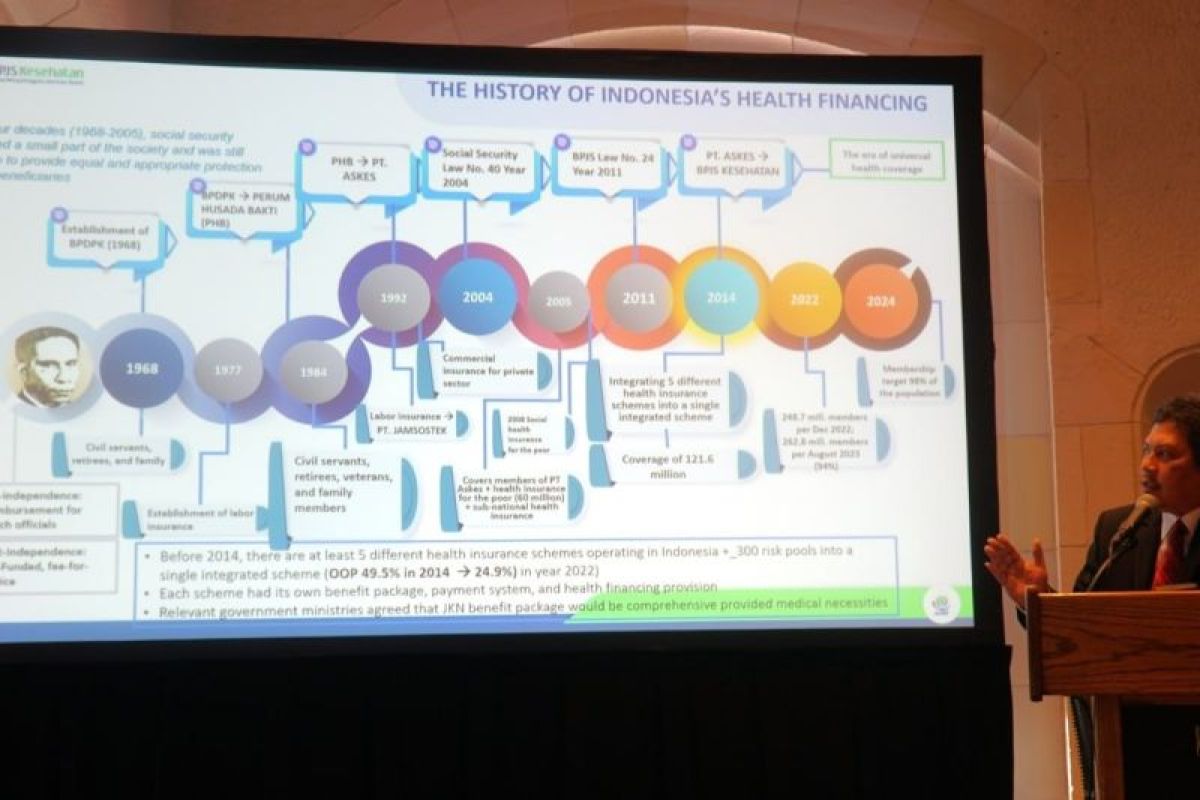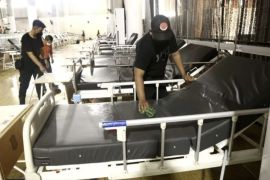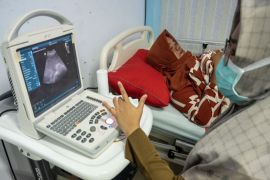According to President Director of BPJS Kesehatan, Ghufron Mukti, the sustainability of the JKN Program cannot be separated from the contribution and supports of the healthy, productive and capable informal workers. There are a numbers of informal workers who have uncertain incomes and have limited access to health facilities. This kind of group is called 'The Missing Middle'. These informal workers are not registered as a group of participants covered by the government, but their financial conditions are only sufficient to meet their daily needs outside of health insurance. For this reason, The Government of Indonesia provides JKN program to contribute as subsidies on this segment.
"These subsidies are to provide those who have limited financial capabilities or those who are not included as PBI (Government Beneficiaries/ Impoverished groups) participants, to be able to registered on the third class of JKN Program. "That way they won't financially be burdened when registering as JKN participants who pay contribution or premium individually," said Ghufron, when delivered keynote speaker at The 78th United Nations General Assembly High-Level Meeting on Health (UN HLM) 2023 Side Event which was initiated by CISDI in collaboration with several global partners in New York, Thursday (21/09).
Another solution is to strengthen cross-sectoral cooperation with the central government and regional governments, optimize educational efforts for the community to register and pay dues, and embrace the involvement of philanthropists, business entities, participants with stable financial conditions, and other parties as donors to finance the communities who are not yet registered as JKN participants or have outstanding. This mechanism is called The JKN Donation Program. This program aimed that informal workers who are not yet registered or are already participants but in arrears due to financial reasons, can be protected by health insurance through the JKN Donation Program
"Through these various steps, BPJS Kesehatan strives to provide access to fair and quality health services for all Indonesians. The challenge faced by various countries in the world today is how social health insurance can cover the entire population of a country, and provide guarantees of quality services. Affordable health insurance, or government-funded health services, are essential and can be critical issues in protecting people. "This issue is also a concern in the UN's 2030 Sustainable Development Agenda," said Ghufron, who currently also serves as Chairman of the TC Health International Social Security Association (ISSA) with 160 member countries.
The event, which was attended by participants from various international institutions, also brought other well-known figures such as the President and Executive Director of the Global Health Council, Elisha Dunn-Georgiou; Executive Director of the Center for Universal Health Chatham House United Kingdom, Robert Yates; Director of Global Health Diplomacy Joep Lange Institute (JLI), Christoph Benn; Global Program Director, Primary Health Care PATH, Kimberly Green, and so on. For information, the event also discussed the future of post-pandemic health financing and strengthening investment in primary health services.
Reporter: PR Wire
Editor: PR Wire
Copyright © ANTARA 2023











